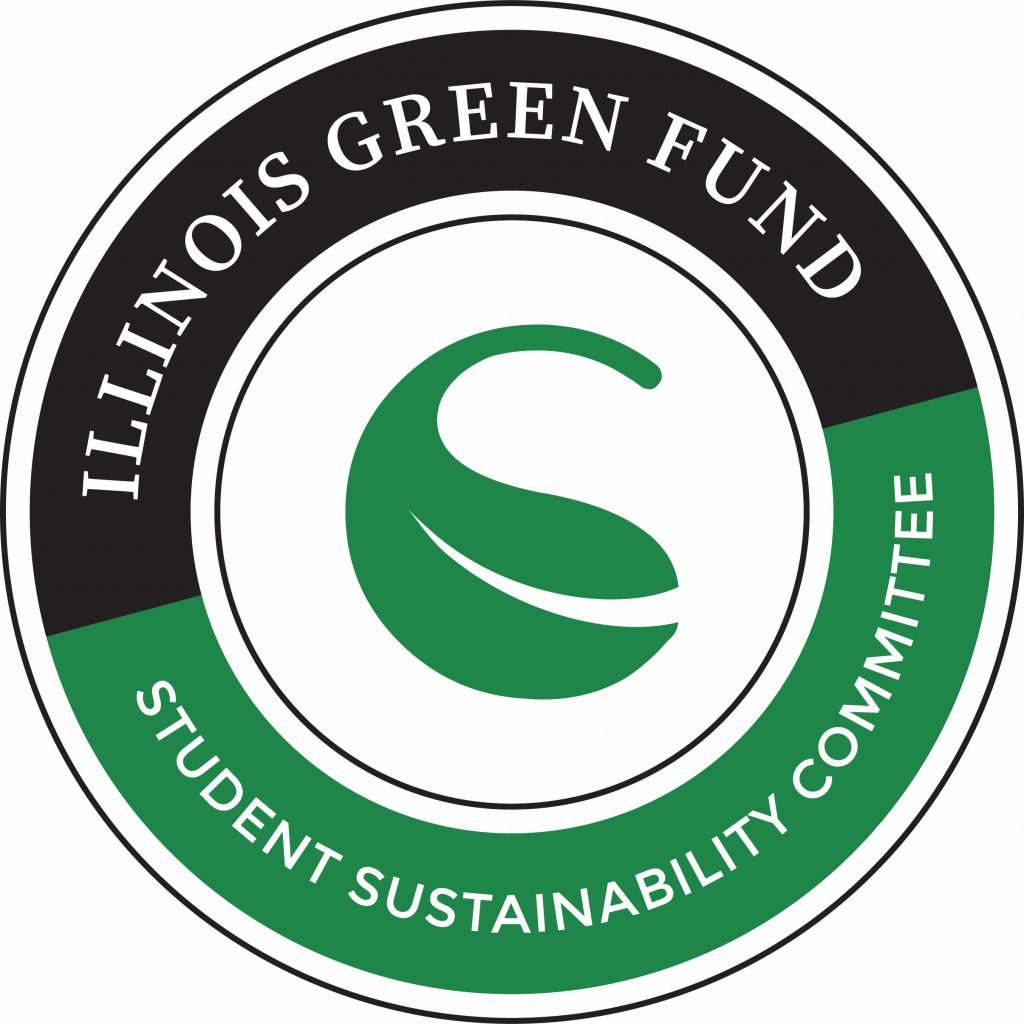You are here
- Home
- Fly Ash Phosphorous Filtration
Fly Ash Phosphorous Filtration
Project Description
Subsurface (tile) drainage has helped to sustain the productivity of our farm lands by draining excess water from the field. Excess nutrient losses from our tile-drained agricultural fields have contributed to several water quality issues in the region including the formation of hypoxic zone in the Gulf of Mexico. It has been well-documented that tile drainage is responsible for highly soluble nitrate loss but recent studies have demonstrated that it also contributes to dissolved phosphorus loss from the agricultural fields. This project aims to develop ceramic pellets using fly ash and other additives with minimum or no heavy metal leaching. The specific objectives of this proposed research project are to: a) optimize the proportion of fly ash and other additives for high P removal and limit heavy metal leaching, b) conduct laboratory experiments to analyze the performance of pellet for dissolved P reduction.
The outcome of this research will provide multiple environmental and educational benefits such as reduction in fly ash disposal to the landfill, improved water quality due to reduction in phosphorus pollution, and preparing future generation of scientists and engineers who are well versed in the area of pollution control. Since the results from this research will also be incorporated into the existing curriculum, future students will also benefit from this research.
No description has been provided yet.
Funding Details

SSC Basic Info
Associated iCAP Portal Project(s)
SSC Project Team
Project Lead:
Financial Advisor:
Team Members:
- Rabin Bhattarai
- Keren Wang
- Ariel Hanon
Project Application
Project Award Letter
Project Final Report

